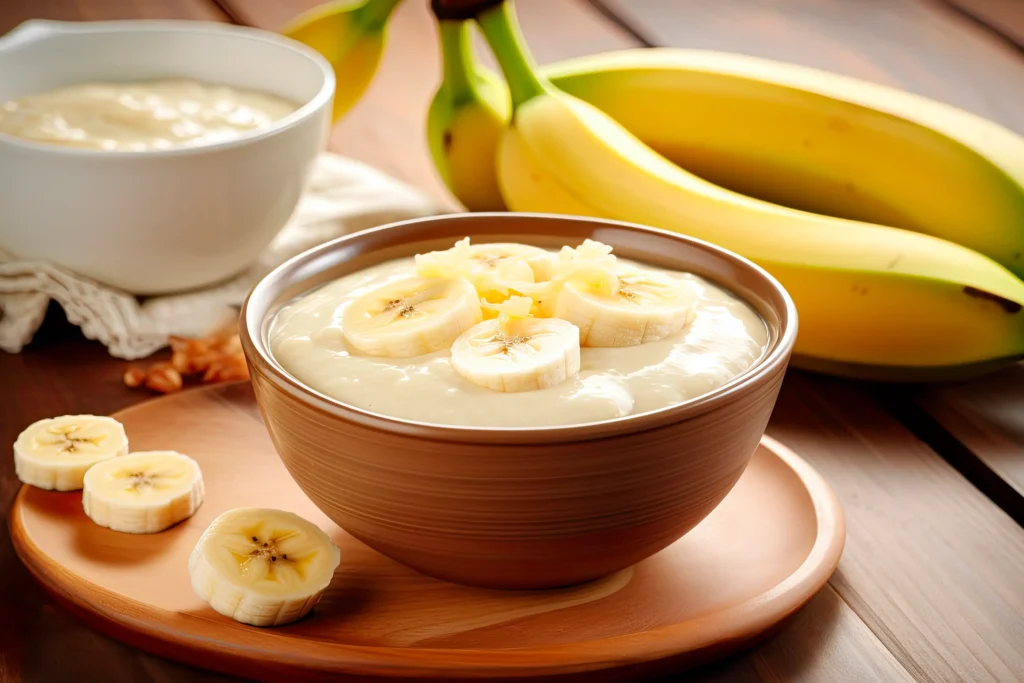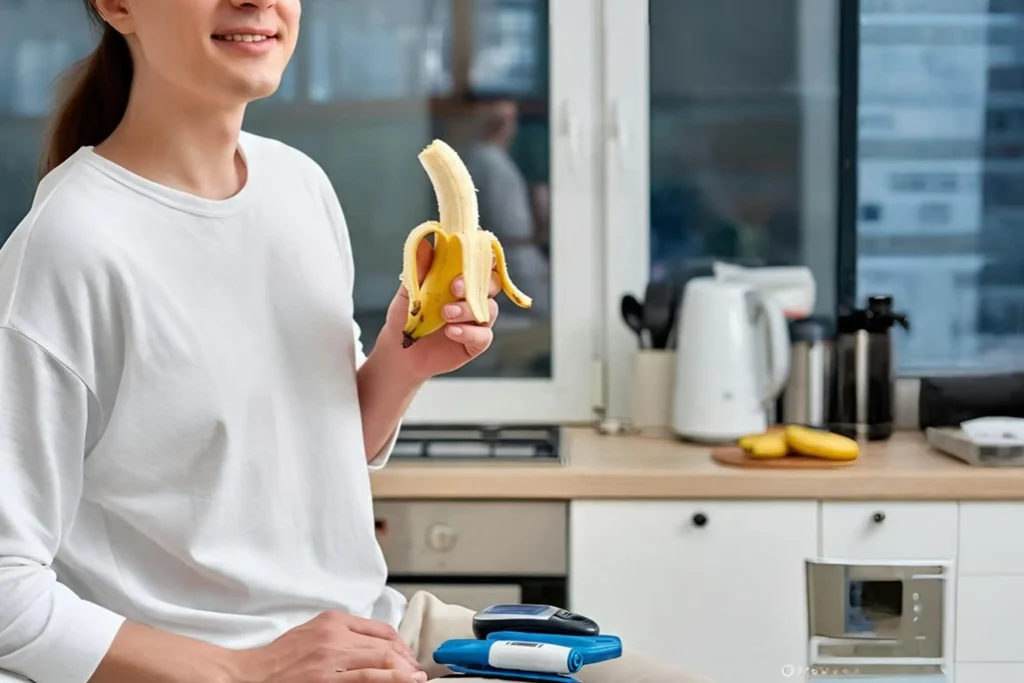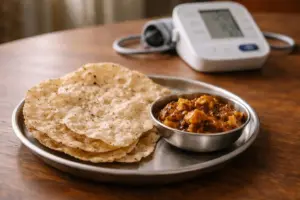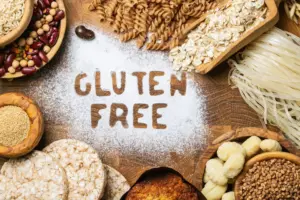
Can diabetics eat Bananas: If you’re living with diabetes, you already know how important it is to keep an eye on your sugar and carbohydrate intake. Since fruits naturally contain sugar, it’s common to wonder whether bananas are safe to eat. Bananas are sweet, convenient, and full of nutrients, but their carb content often makes people with diabetes hesitant. The good news is that bananas aren’t off limits. When eaten the right way, they can fit into a balanced, diabetes-friendly diet.
What is in a banana?
A medium-sized banana contains 105 calories, 27 grams of carbohydrate, 14 grams of sugar, 3 grams of fibre, 1 gram of protein and no fat or cholesterol. Bananas also have important nutrients, like vitamin C, potassium, magnesium, antioxidants, and vitamin B6. There is a lot of good stuff packed into one fruit.
Also Read | Why diabetics should worry about stress just as much as sugar
How do bananas affect your blood sugar?
Bananas contain natural sugar, called fructose, along with fibre. The fibre helps slow down how quickly sugar is digested, which means bananas don’t raise blood sugar levels as sharply as sweets or soft drinks.
A useful way to understand this effect is through the glycaemic index (GI), which measures how fast a food can increase blood sugar. Foods with a GI of 55 or below are considered low, while those above 70 are high. Bananas fall in the low to medium range, depending on how ripe they are. Unripe bananas have a lower GI, while ripe ones have a higher GI. This means bananas can raise blood sugar, but usually in a gradual way that isn’t harmful for most people with diabetes, especially when eaten in moderation.

Are bananas safe for people with diabetes?
Bananas can be a safe choice for people with diabetes. The key is portion control and pairing them with the right foods. They provide energy, fibre, and important nutrients without added sugar or processed ingredients. Since bananas do contain carbohydrates, it’s important to factor them into your daily carb limit. Everyone’s body responds differently, so checking your blood sugar after eating a banana can help you understand how it affects you personally.
Also Read | Diabetic? These fruits and food options won’t spike your sugar!
The idea that people with diabetes must completely avoid bananas is a myth. They are naturally sweet and nutrient-rich and can be part of a balanced diet when eaten in moderation. By keeping portions sensible and pairing bananas with other healthy foods, you can enjoy them without guilt.








